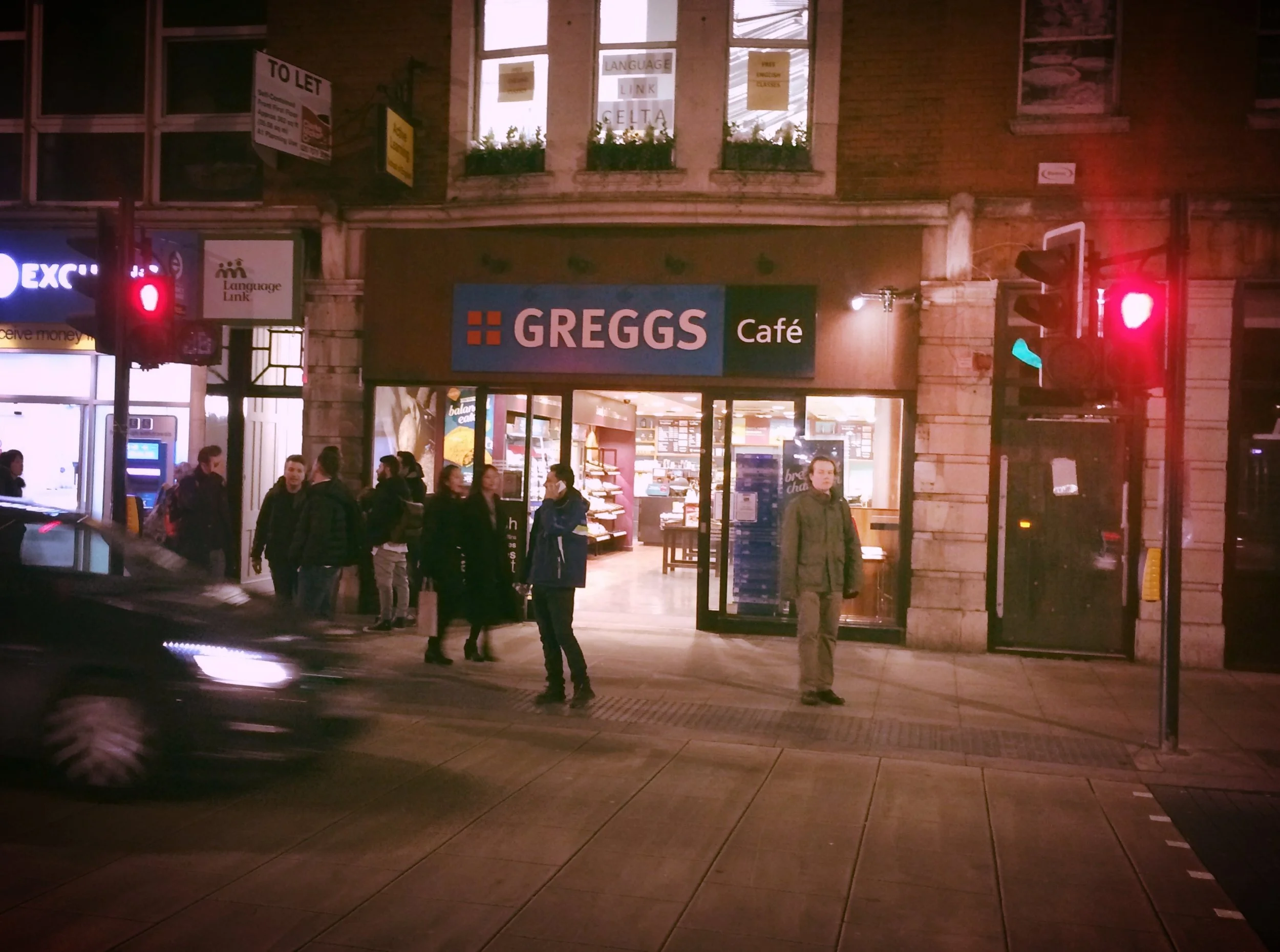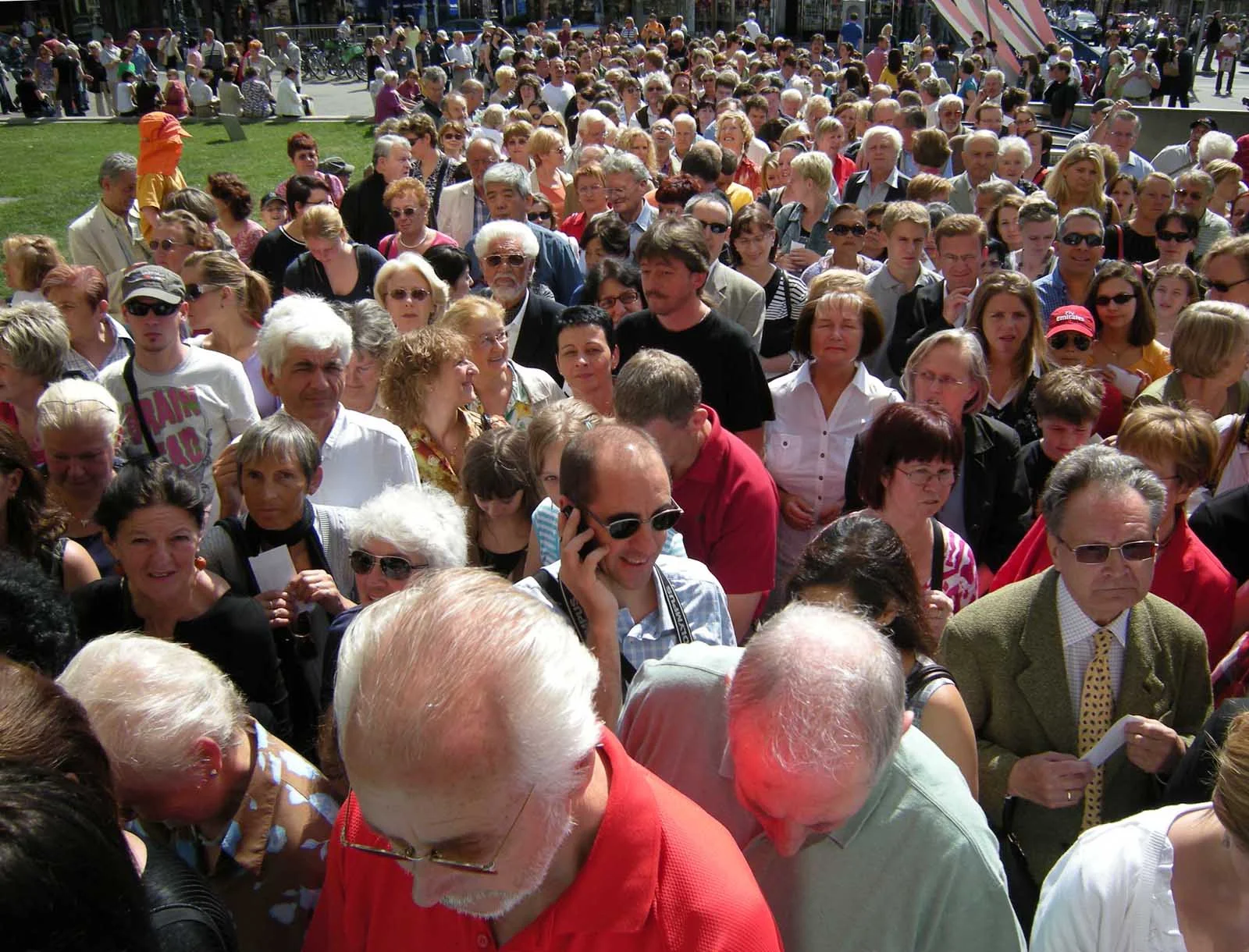How to Shop in Germany: Apotheke
Winter has finally arrived in Germany. In many countries, the change in season is signalled by dark mornings, leafless trees, icy streets and the nights drawing in. In Germany we have an extra signal, the legal requirement to change from summer to winter tires. For those commuters using public transport, the change in season is signalled by a rise in dead eyed passengers, trying in vain to avoid getting sick. They say that death and taxes are the only certainty in life, to which I would add sitting on public transport in winter will guarantee you at least get a low level cold. As carriage after carriage, bus after bus of near plague victims wend their merry way around the country, prevention and then treatment of the many winter bugs becomes a priority. In most places it would be a simple visit to a pharmacy to pick up some essentials, in the UK most supermarkets have one. In Germany things are, as ever, slightly different. Here we must contend with the Apotheke.
What is it?
Reading descriptions of an Apotheke, you might be mistaken into thinking they are simply pharmacies with an antiquated name. Stepping in to an Apotheke is actually a chance to encounter a world of high fantasy, where mysterious jars of herbs and vials of indeterminate liquid are watched over by the steely gaze of a patrician like figure, adorned in a blazing white coat. Although they are known to exhibit the full range of emotions, most interactions with German pharmacists are strained as the attempt to descend to the same level as there clientèle, while maintaining a heavy disdain for patrons who are foolish enough to ask questions. They might not be wizards, but I sense that given the option, they would be more than happy to see customers explode in a ball of flame. German pharmacists are the masters of their domains and woe betide any who show less than the expected deference.
What does it look like?
The Apotheke hasn't changed much since its inception back in the middle ages. Many German pharmacies continue to look like they were furnished based on plans found in a first edition of Lord of the Rings. There are the odd exceptions, where modern shelving and lighting have become fashionable. However, it is not uncommon to enter a pharmacy that has wall to wall wooden shelving, with pottery jars and hundreds of different drawers that are as likely to contain eye of newt or wolfsbaine as they are to have paracetamol and a pack of imodium. This choice of décor makes you feel like you've accidentally joined a group of Larp-ers on the hunt for some Elvish crystal or magic Y-fronts. This is not helped by the fact they often have a mysterious back room that, although I have no proof, I am sure contains several pieces of the true cross and at any time houses some kind of demonic visitor. Sure, you might think that they are helping you, but how come last time I bought some sticking plasters I had to pay with my soul?
What can you buy?
Well, medicine, obviously. Unsurprisingly, Germany has some very strict laws regarding who can and cannot sell medicine. When shopping in supermarkets, you are unable to purchase even the most basic of non-prescription drugs. Legislation dictates that the government has the final say on what constitutes a pharmacy only product. This obviously gives a lot of power to the pharmacies, but thankfully Germany has roughly a billion different laws governing the field. It is hoped that having so much legislation insures that customers will receive high quality medicine from informed pharmacists. The many rules governing pharmacies also prevent modern corperate ideas taking over, in the hope that conflicts between profit growth and patient care can be avoided. It is argued that opening the market to free competition would only decrease the care offered to customers, but the government has yet to consider any kind of revision.
Where can I find them?
Once again, German legislation has a big part in deciding this. According to German law, all Apotheke must be within 4km of each other. This insures that communities have systematic coverage at all times. Whether you will find one open is a different question. Depending on the state you live in, you could easily find the pharmacy closed, however residents of states such as Berlin might have no problem.
Are they successful?
To some extent. By impeding the attempts to commercialise them, it can be argued they are insuring a high quality of service. Then again, this may keep the price of drugs artificially high. Ownership is also regulated, which in practice means that a pharmacist can own one main branch and three separate branches. There seems to be a lot of protections in order to give patients peace of mind, which is quite interesting when you discover that medicine in Germany recognises homoeopathy as a legitimate course of treatment. I really wasn't joking about the fantasy nature of the Apotheke, should you ever have to visit it one, make sure they don't give you a poultice made of moss and chicken feet. Then again, that's probably a marked improvement on whatever any homoeopath might recommend you.











